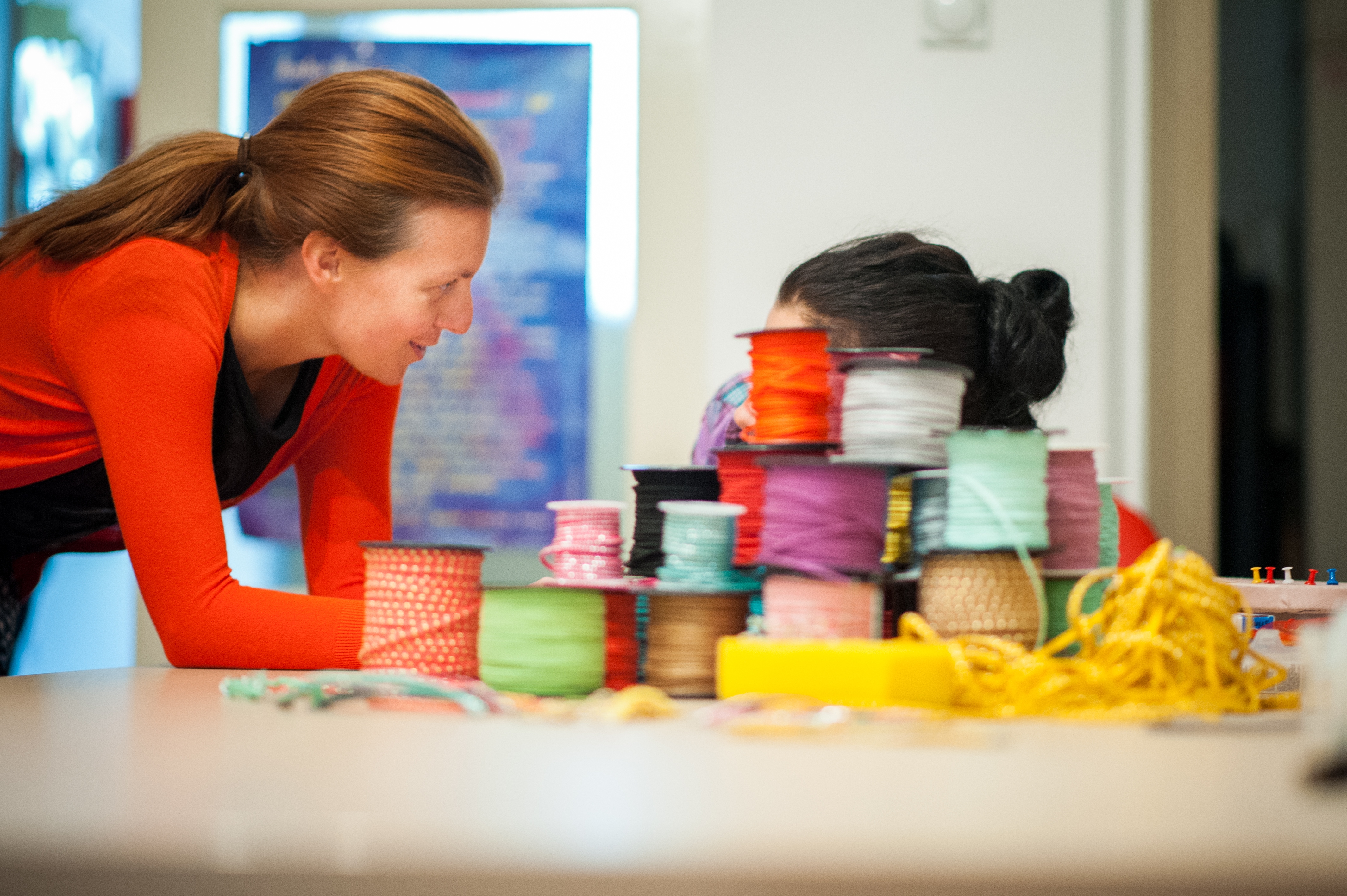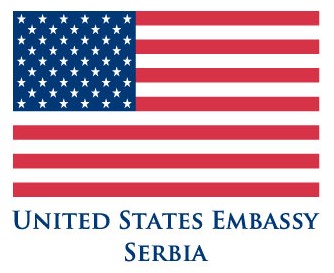Hotline: +381 61 63 84 071
Lidija Đorđević from NGO Atina: The voices of women with the experience of violence need to be heard and appreciated. It makes a difference and brings about change.

Photo: NGO Atina's archive
Lidija Đorđević from NGO Atina: The voices of women with the experience of violence need to be heard and appreciated. It makes a difference and brings about change.
As a civil society organization with years of work in the field of social inclusion of victims of human trafficking, Atina has supported the establishment of a Breakthrough Council – an advocacy group of women with the experience of violence. The aim of this group is for women to raise their voices, talk about their needs and present them to relevant decision makers, with the idea to have them fully realize the position of women and girls in our society, and especially those with the experience of violence. Lidija Đorđević, the group’s facilitator, talks about their work so far, and future plans.
- What is your impression of the work of the group itself and the need for its existence?
It is absolutely necessary for such a group to exist, I can see that now by the reactions of women who are members of the group. They have a strong desire and need to have their voices heard, not to have others speak on their behalf, but to step up and say what they need and where the system has failed them, as well as their parents, children... They need to be asked, engaged, to turn a horrible, negative experience into something positive that aids their recovery. They know best, unfortunately from their own bad experiences, where the system is missing its point. Women members of the Breakthrough Council have a strong desire to help other women and girls, they have a need to change the support system, but other systems as well. They have a need to influence bad practices, to prevent other women from going through what they went through: for example, not to be condemned by the public, and especially not by professionals, for what they experienced. They particularly emphasize how important it is to stop with the practice of having to repeat their story over and over again to the police, prosecution, court... to hear condemning questions of professionals and helpers - why didn't you escape?, and the like. I think the strength of this group is huge, the message they convey is strong, and that representatives of state institutions will want to hear these women and their experiences as parameters of what is good in the system and what needs to be changed.
2. Breakthrough Council is practically in its infancy. How are their activities planned, and what are the dynamics of the group’s work?
Breakthrough Council meets regularly, we are gathering on a weekly basis, and as the group members themselves say, those meetings take priority over any other commitment. We work by all of the advocacy principles. Target groups are first chosen, then the messages they want to send, the goals are set, everything is carefully planned. The proposals for work were listed and each was considered with equal attention. Members of the Breakthrough Council determine the priorities and what is to be done at what moment. It takes a lot of work, and a lot of wishes for change were listed, so it is fair to say that we are just getting started.
3. What are some of your most memorable impressions from working with the Breakthrough Council, which professional moments are your favorites?
Those are definitely the striking changes these women are experiencing, the internal processes they are going through, especially the fact that they are so brave even after everything that has happened, and is still happening, to them; I am not referring only to violence and the experience of human trafficking, but also discrimination, repetitive violations of their rights, and even violence from the system they are exposed to, from the society that turned its backs on them, judgement of the public, labeling... And, after all that, they refuse to give up, they are taking control of their lives back into their own hands. They want changes, they want to help other women not feel and experience the same. These are women I have known for years, we went through many difficult moments together, but also found reasons to laugh, experienced both small and great victories. I am proud of them for refusing to fall, kneel, surrender, but kept wanting more, demanding justice for themselves and others. And, despite the insecurities and fear of speaking to the professionals who had questioned them up until yesterday, they are now given an opportunity to say what they have never been asked, or what others never wanted to hear.
In a professional sense, I am learning a lot from them, they are now my benchmark in terms of success of the reintegration program, recovery, my view of the role of case manager; I receive constant feedback from them in terms of how the services, decisions, actions / inactions from my side, the organization, and the system, influenced them and what needs to be changed in that regard. I am particularly pleased about the fact that they go beyond critical attitude and provide solutions, suggestions on how something should actually work in practice.
4. How do you view the girls and women who make up the Breakthrough Council, what is their position on this initiative?
Some of the girls were a bit unsure at first, asking what exactly was going to happen and how, but after the first joint consultations where we discussed specific things, their reactions were – This is exactly what I need. The moment has come to say everything that wears on my mind. Or questions – I am free to say, for example to the police, that I was not offered a couple of hours, let alone a day to rest and then make a statement, etc. They experienced group meetings as their own terrain and a space where they can say whatever they want and address it to the system.
5. Where do you see opportunities for wider engagement of the Breakthrough Council, and what are your experiences from the meetings with representatives of relevant institutions so far?
Experiences from meetings with representatives of relevant institutions have shown us the necessity of having such a group. These professionals point out that, in order to improve their work, it is necessary for them to regularly receive feedback from end beneficiaries; that it often happens, due to the work load, they do not have the time to consult those whose rights they should protect and enforce, and that the quality of their work suffers. They are aware of this. It is also important to use consultations with end beneficiaries in a constructive way, to see and understand a slightly broader picture, not just the one within the scope of their action. They were open to suggestions and recommendations put forward by the group, so we look forward to seeing the results and following their activities. We have even arranged regular meetings with the National Anti-Trafficking Coordinator, with pre-listed topics that will be discussed. I see the broader engagement of the group in terms of developing into an Advisory Body, which will be a regular, active participant in work on the improvement of policies, strategic documents, and legislative framework in the field of combating violence and human trafficking; a body that will give suggestions in creation of national campaigns, support programs, improvements to referral mechanisms, identification, and the like. They will also make suggestions when developing methodologies for work with youth on these topics, whether in schools or homes for children without parental care, both with youth and particularly vulnerable groups.
6. Do suggestions presented within the Breakthrough Council meet a positive response from representatives of institutions?
Yes, for now, at least when it comes to these first meetings. It is difficult not to listen to, or reject, someone who is telling a personal story, the most difficult things they experienced, and who is not asking for help, but offering it, and wanting to contribute to changes, and remove obstacles for others. The group is preparing to meet with various stakeholders, and these women should not have high expectations of everything spoken and promised, but we will continue to monitor what promises will be kept. After all, they are quite aware of it all.
7. How can this group’s work be improved, what is missing?
The group has been established only recently, and has all it takes for the beginning – motivated women who have something to say, with a strong desire and a strong team spirit. They clearly feel that they are even stronger as a team. For further improvement, it is necessary to invest above all in their skills and knowledge, primarily in communication, presentation, advocacy. They have only just begun preparing for meetings with representatives of institutions, for public speaking, and there is anxiety, uncertainty, therefore, there is work to be done, and of course practice. They need to continue learning about the system, competencies of relevant institutions, become as informed as possible about the rights, as well as about strategic documents.
8. Where do you see the Breakthrough Council, i.e. such a mechanism in the support system in a year, and in five years’ time?
In a year, I see members of the group as leaders of various initiatives and women's movement, as the ones who will stand up and claim their rights, but also respect for the rights of all other women. In five years, I see them at meetings of various working groups, the Republic Team, I see them as an Advisory Body at meetings and debates to coordinate, draft, adopt strategic documents in the field of combating human trafficking, and supporting the victims. I see them as part of the management of NGO Atina, and I see them with a successful track record in advocating for changes that affect us all!
Moderated by Jelena Hrnjak

This article was written within the project funded in part by a grant from the United States Department of State. The opinions, findings and conclusions stated herein are those of the author[s] and do not necessarily reflect those of the United States Department of State.












 FACEBOOK
FACEBOOK TWITTER
TWITTER YOUTUBE
YOUTUBE